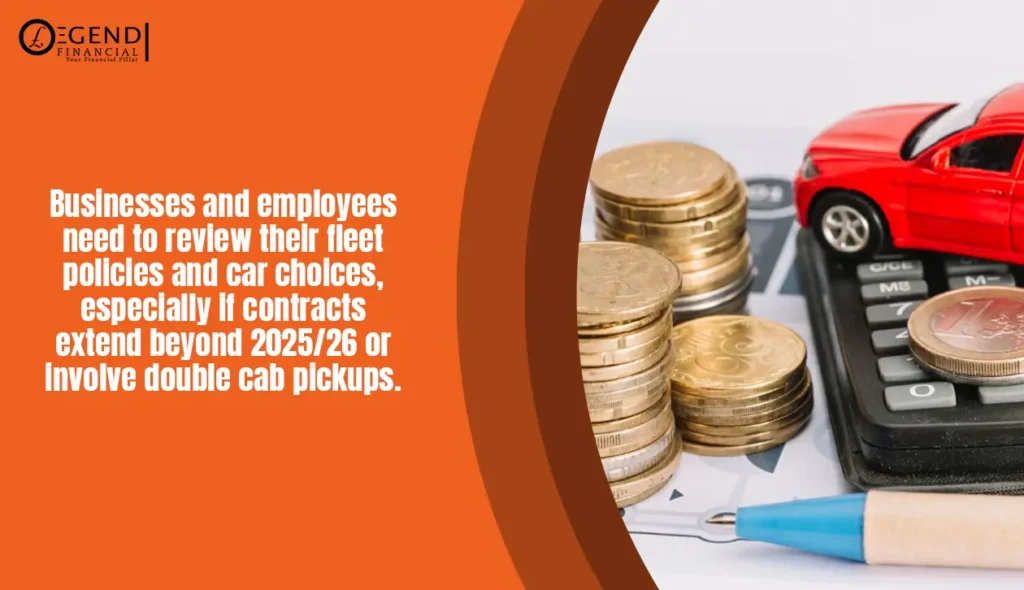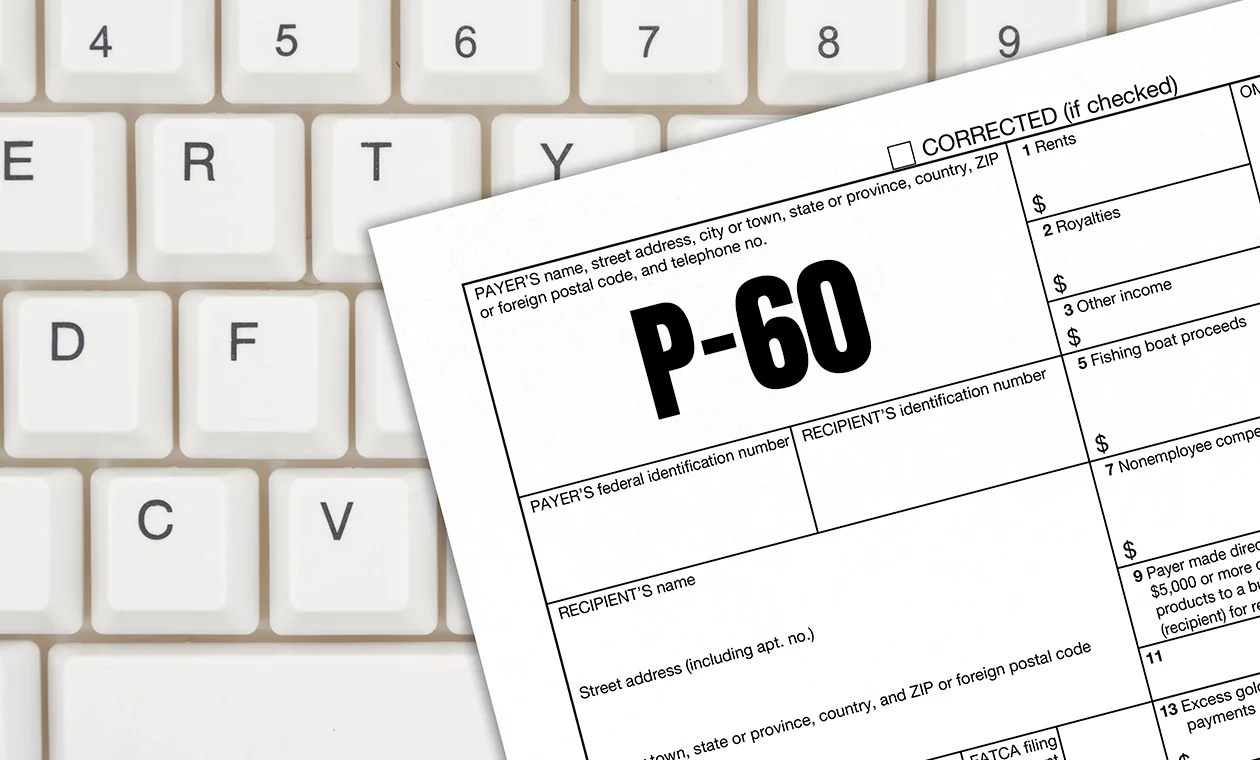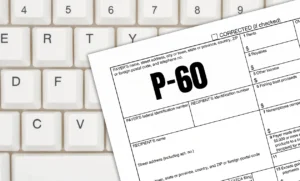From 6 April 2025, changes to company car tax came into effect. These new rates can affect how much Benefit-in-Kind (BIK) tax you pay. These changes were first announced in the Autumn Budget 2024 and have already started to impact certain types of vehicles more than others.
Switching to a low-emission or electric vehicle can now be more beneficial than ever.

BIK Rate Changes
- Electric Vehicles (EVs): The BIK rate increased from 2% to 3% for the 2025/26 tax year. This rate will continue to rise by 1% annually, reaching 5% by 2027/28.
- Ultra-Low Emission Vehicles (ULEVs): For vehicles emitting less than 75g/km CO₂, BIK rates will increase by 1% annually from April 2025, capping at 21%.
- Plug-in Hybrid Electric Vehicles (PHEVs): Due to revised emissions testing, many PHEVs now fall into higher BIK brackets. For example, the BMW X5 xDrive50e saw its BIK rate rise from 8% to 24%, increasing the taxable benefit from £4,400 to £13,200.
- Petrol and Diesel Vehicles: High-emission vehicles face increased BIK rates. For instance, the Range Rover Sport P400 MHEV (199g/km CO₂) moved from a 37% to a 39% BIK rate by 2029/30, raising the taxable benefit from £40,700 to £42,900.
Reclassification of Double-Cab Pick-Ups
Double-cab pick-up trucks, such as the Ford Ranger and Toyota Hilux, previously taxed at a flat rate of £3,960, are now classified as company cars. This change means they are taxed based on CO₂ emissions. Many fell into the highest 37% BIK bracket. Consequently, 40% taxpayers could see annual tax bills exceeding £7,000.
Vehicle Excise Duty (VED) Updates
From April 2025, all vehicles, including EVs, are subject to VED:
- Standard Rate: Increased to £195 annually for all cars.
- First-Year Rate for EVs: New EVs registered after 1 April 2025 pay a first-year rate of £10, followed by the standard rate.
- Expensive Car Supplement: Applies to vehicles over £40,000, adding an extra £425 annually from the second to the sixth year.
Why did these changes happen?
The government introduced these adjustments to support its net zero goals and promote greener vehicle usage across the UK. By incentivising cleaner transport, they aim to reduce national emissions from corporate fleets.
Make Smart Moves Now to Save Later
If you are looking to upgrade your company vehicle or discuss future car arrangements, it is worth exploring your options. Do not wait until your next payslip surprises you. Speak to a tax expert at Legend Financial and drive your finances in the right direction.












